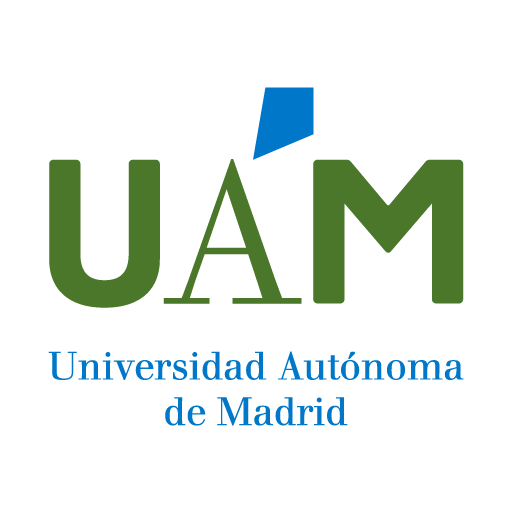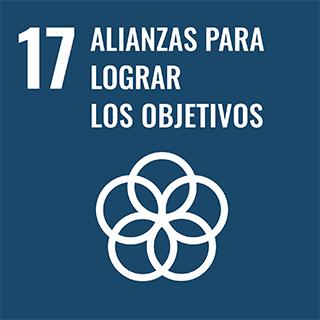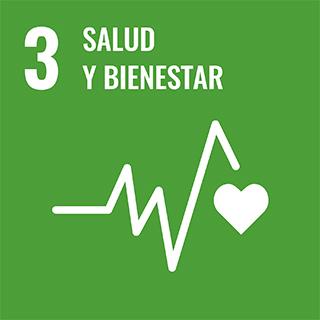
Indexed in
License and use
Citations
Grant support
We thank the patients for donating specimens for research to this study, their hematologists for the contribution and the tissue bank of the Barts Cancer Institute for collection and storage. This study was predominantly funded by the European Hematology Association through the AR-'s EHA Junior Research Grant (EHA RG71), and Cancer Research UK (C15966/A24375). FK was supported by the Republic of Turkey Ministry of National Education, General Directorate of Higher and Foreign Education, Turkish Government Study Abroad Program. CP and KR-P were supported by the Barts Charity (G-002167) and the Kay Kendall Leukemia fund (KKL1149). CB was funded by the National Research, Development, and Innovation Office, Hungary (grants K21-137948, TKP2021-EGA-24 and TKP2021-NVA-15) and the Momentum Program of the Hungarian Academy of Sciences. RNA sequencing of the Leucegene cohort was supported by Genome-Canada and Genome-Quebec. Leukemic samples and cytogenetic data of Leucegene cohort were provided by the Quebec leukemia cell bank supported by grants from the Cancer Research Network of the Fonds de recherche du Quebec-Sante.
Impact on the Sustainable Development Goals (SDGs)


Analysis of institutional authors
DEK::NUP214 acts as an XPO1-dependent transcriptional activator of essential leukemia genes
Publicated to:LEUKEMIA (): - - 2025-04-09 (), DOI: 10.1038/s41375-025-02593-8
Authors: Kaya F; Bewicke-Copley F; Miettinen JJ; Casado P; Leddy E; Deniz Ö; Lavallée VP; Philippe C; Zheng J; Grebien F; Khan N; Krizsán S; Saad J; Nolin-Lapalme A; Hébert J; Lemieux S; Audemard E; Matthews J; Grantham M; Di Bella D; Wennerberg K; Parsons A; Gribben J; Cavenagh JD; Freeman SD; Bödör C; Sauvageau G; Wang J; Llamas-Sillero P; Cazier JB; Taussig DC; Bonnet D; Cutillas PR; Heckman CA; Fitzgibbon J; Rouault-Pierre K; Rio-Machin A
Affiliations
Abstract
The t(6;9)(p22.3;q34.1) translocation/DEK::NUP214 fusion protein defines a distinct subgroup of younger AML patients classified as a separate disease entity by the World Health Organization. DEK is a nuclear factor with multifunctional roles, including gene regulation, while its fusion partner, NUP214, plays a pivotal role in nuclear export by interacting with transport receptors such as XPO1. However, the precise mechanism by which DEK::NUP214 drives leukemia remains unclear. A comprehensive multi-omics comparison of 57 AML primary samples (including whole genome sequencing, targeted sequencing, transcriptomics, and drug screening with >500 compounds) revealed that t(6;9) cases display a selective response to XPO1 inhibitors (Selinexor & Eltanexor) and a distinct transcriptomic signature characterized by the overexpression of FOXC1 and HOX genes that are key leukemia mediators. CUT&RUN experiments demonstrated the direct binding of DEK::NUP214 to the promoters of FOXC1 and HOXA/B clusters. Strikingly, the expression of these genes and the binding of DEK::NUP214 to their regulatory regions were selectively reduced upon XPO1 inhibition in t(6;9) cells. Altogether, these results identified a novel function of DEK::NUP214 as an XPO1-dependent transcriptional activator of key leukemia drivers and provide a rationale to explore the use of XPO1 inhibitors in this patient population.
Keywords
Quality index
Impact and social visibility
Leadership analysis of institutional authors
This work has been carried out with international collaboration, specifically with researchers from: Austria; Canada; Denmark; Finland; France; Hungary; United Kingdom.
